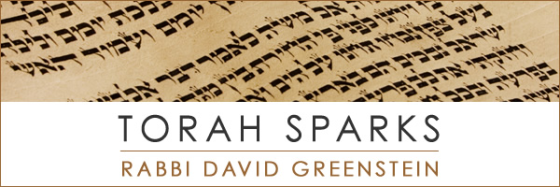Parashat Va’et’hanan/Shabbat Nahamu
Deuteronomy 3:23 – 7:11
This Torah portion opens with great pathos. Moses begs God to allow him to enter the Promised Land. But God still refuses. Nevertheless, knowing that he will not be able to continue to guide the people after they cross the Jordan, Moses begins to try to teach them the important lessons they must take with them into the new land. Much of Deuteronomy is a repetition of previous teachings of the Torah (as the name indicates – Deuteronomy = Second Law). Yet there is a profound, though subtle change in Moses’ repetition.
The change is indicated by the presence in this book of a new motif, not emphasized previously in the Torah. The motif is the concern for the heart as a seat of love and deep caring. Until now we have mostly encountered the heart as the seat of evil thoughts, straying passions, or stubbornness. (The one exception is in the Israelites’ response to making the Tabernacle.) It is only in Deuteronomy that we have a positive conception of the heart’s potential for good. Repeatedly we have Moses call us toward a heartfelt devotion to God. This is first found early in our portion, when Moses urges us to never let the image of Mount Sinai leave our hearts. (Deut. 4:9)
Significantly, only a verse or so later, Moses describes the scene of the giving of the Torah and says: “You came near and stood under the mountain; and the mountain was burning with fire to the heart of Heaven – darkness, cloud and murkiness.” (v. 11) It is no coincidence that Moses uses the term “heart of Heaven” to describe the fire on the mountain reaching the sky. Moses’s theme throughout his last teachings is that there is a Heavenly Heart beating with love for us. Surely we must have that same capacity for love rooted in our own hearts! As God’s most intimate prophet, Moses sought to impart that sense of heartfelt love to all of us. This is one reason we read this portion at this time of year, as a source of comfort and consolation.
Shabbat Shalom
Rabbi David Greenstein
![]()
Subscribe to Rabbi Greenstein’s weekly d’var Torah
- Toby Stein: In Memoriam - Thu, Feb 8, 2024
- Faithfulness and Hope: Parashat Sh’lach - Thu, Jun 23, 2022
- Past Their Prime: Parashat B’ha`a lot’kha - Thu, Jun 16, 2022

